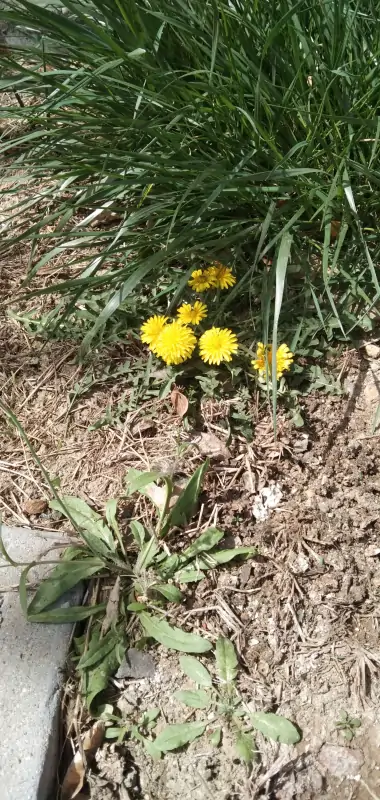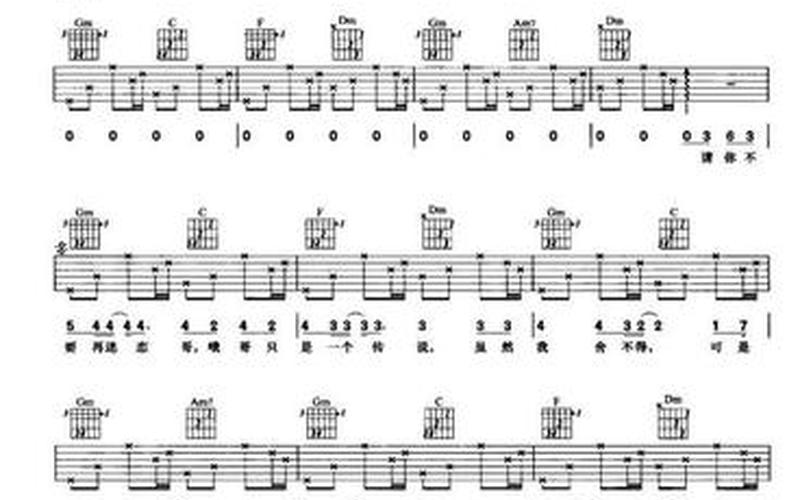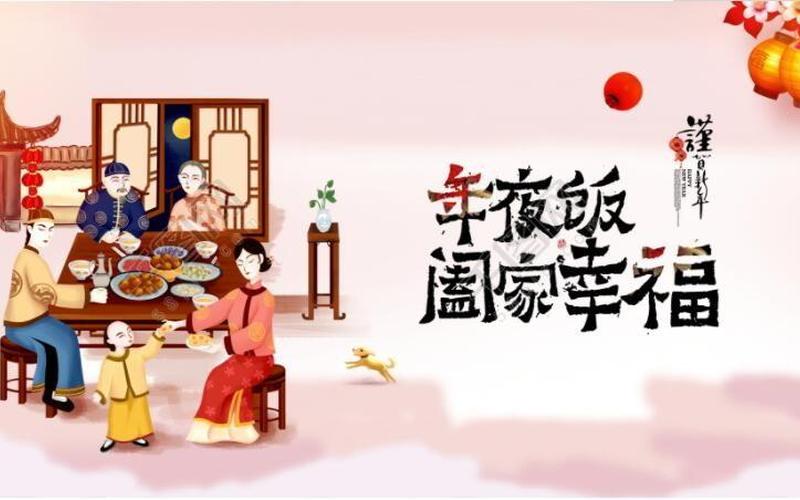pick的过去式是什么英语
pick的过去式picked。
SheusedtopickflowersintheCromwellRoad.
她过去常到克伦威尔路采花。
Hepickedthenapkinfromhislapandplaceditalongsidehisplate.
他拿起腿上的餐巾,放在盘子旁边。
Shepickedthebestcakeforherself.
她为自己挑了一块更好的蛋糕。
Hepickedhiswordscarefully.
他用词细心谨慎。
pick的过去式是什么意思
pick的变形属于规则变化,所以pick的过去式和过去分词在原形后面直接加ed,即picked。1、They'vepickedupareallynastyinfectionfromsomethingthey'veeaten.
他们因吃错东西而得了很严重的感染症。
2、Hepickedupthephoneexpectingtohearthechairman'sgruffvoice.
他拿起 *** ,心想会听到主席粗哑的嗓音。
3、Hepickedthenapkinfromhislapandplaceditalongsidehisplate.
他从腿上拿起餐巾,放在他的盘子旁边。
pick是一个英语单词,名词、动词,作名词时意思是“选择,鹤嘴锄,挖,掩护”,作及物动词时意思是“拾取,精选,采摘,掘”,作不及物动词时意思是“挑选,采摘,挖”。
下面分享相关内容的知识扩展:
Theypickedsomeorangesonthefarm一般疑问句?
这是一个主谓宾结构的一般过去时的陈述肯定句,变成一般疑问句要使用一般过去时的助动词did,同时要把原先谓语动词的过去式恢复原形,因为有限定词some,变疑问句要变成any,所以此句的一般疑问句是Did they pick any oranges on the farm?picked中文谐音?
读作,配可特

pick翻译成英文..... ....
pick (v.) choose, select来自英英词典的标准释意如下
early 13c., picken "to peck;" c.1300, piken "to work with a pick," probably representing a fusion of Old English *pician "to prick," (implied by picung "a piercing, pricking," an 8c. gloss on Latin stigmata) with Old Norse pikka "to prick, peck," from a common Germanic root (cf. Middle Dutch picken, German picken "to pick, peck"), perhaps imitative. Influence from Middle French piquer "to prick, sting" (see pike (n.2)) also is possible, but that French word generally is not considered a source of the English word. Related: Picked; picking.
Meaning "to eat with *** all bites" is from 1580s. The meaning "to choose, select, pick out" emerged late 14c., from earlier meaning "to pluck with the fingers" (early 14c.). Sense of "to rob, plunder" (c.1300) weakened to a milder sense of "steal petty things" by late 14c. Of forcing locks with a pointed tool, by 1540s. Meaning "to pluck (a banjo)" is recorded from 1860. To pick a quarrel, etc. is from mid-15c.; to pick at "find fault with" is from 1670s. Pick on "single out for adverse attention" is from late 14c.; pick off"shoot one by one" is recorded from 1810; baseball sense of "to put out a runner on base" is from 1939. Also cf. pick up. To pick and choose "select carefully" is from 1660s (choose and pick is attested from c.1400).
版权声明:本文内容由互联网用户自发贡献,该文观点仅代表作者本人。本站仅提供信息存储空间服务,不拥有所有权,不承担相关法律责任。如发现本站有涉嫌抄袭侵权/违法违规的内容, 请发送邮件至wnw678@qq.com举报,一经查实,本站将立刻删除。







